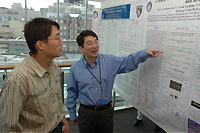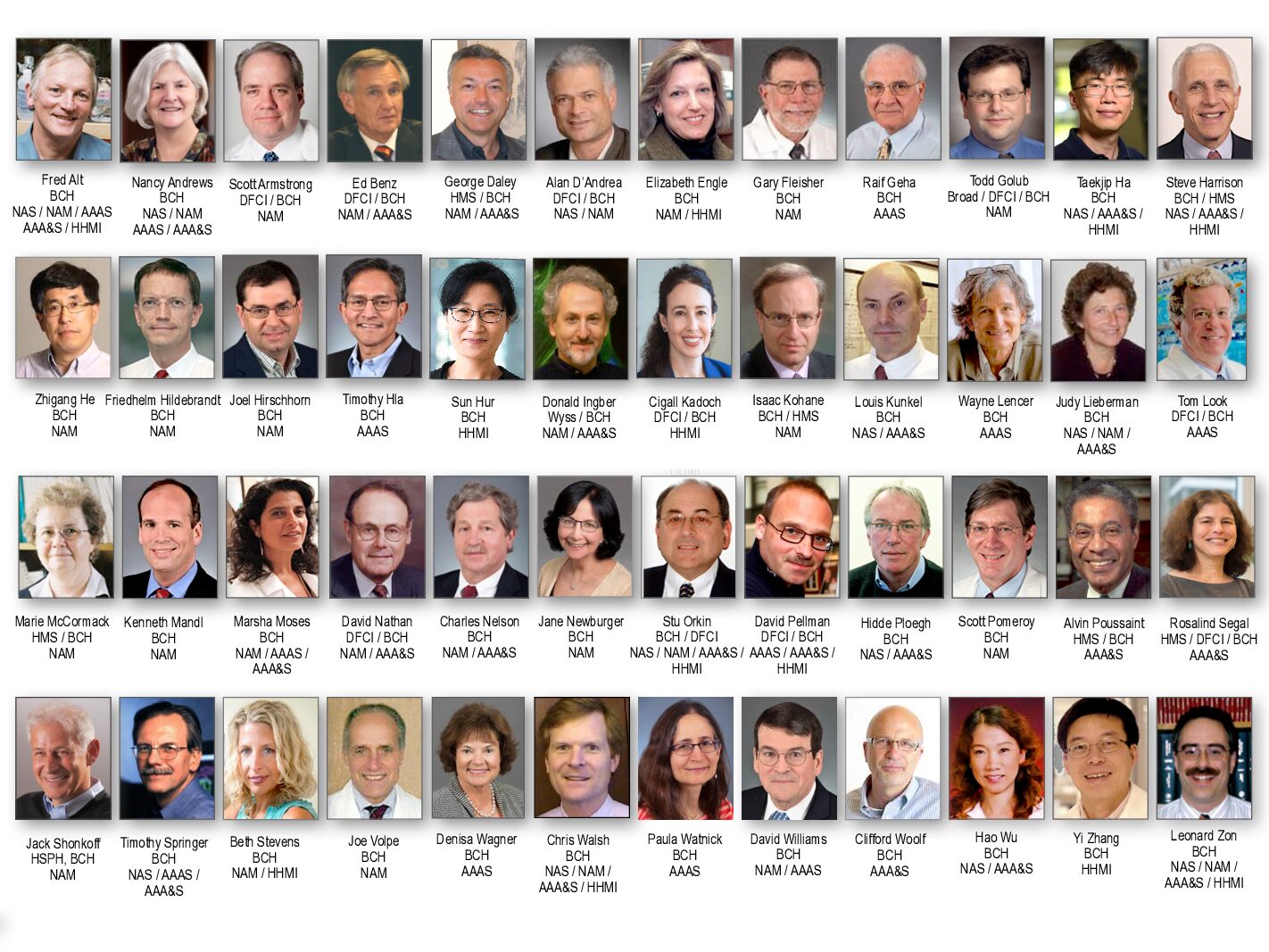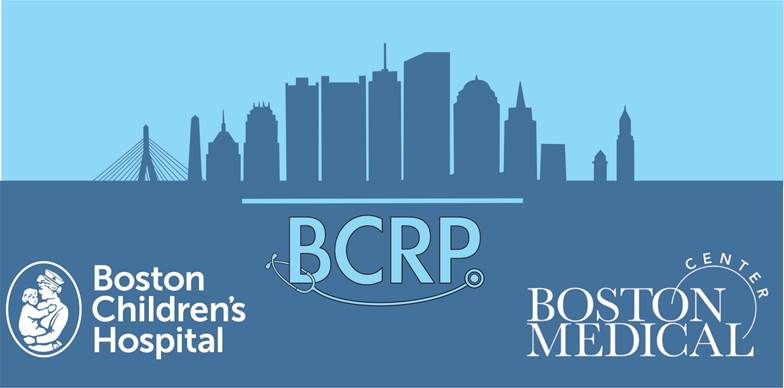Research
Boston Children’s Hospital

Boston Children’s Hospital is home to the world’s largest and most active pediatric research enterprise and one of the largest research programs of any independent hospital. The hospital has $518 million in research funding per year and more than 1,000,000 square feet of state-of-the-art laboratory space. The research mission of Children’s Hospital encompasses basic research, clinical research, community service programs and the training of new scientists. Our more than 1,100 investigators, include 13 members of the National Academy of Sciences, 28 members of the National Academy of Medicine, 23 Fellows of the American Academy of Arts and Sciences, 13 Fellows of the American Academy for the Advancement of Sciences, 12 current members of the Howard Hughes Medical Institute (HHMI) and 13 alumni of the HHMI. Twenty-seven faculty are members of the American Association of Physicians and 47 are members of the American Society of Clinical Investigation, two organizations where members are elected based on high research and academic achievement. Over the years, four Children’s investigators have won the Nobel Prize and six have won the nearly equally prestigious Lasker Award. Children’s truly has an extraordinary research community and a level of research that rivals the very best research institutes in the world.
Boston Medical Center
Boston Medical Center is nationally recognized for clinical, health services, and policy research as it relates to low income and minority children. Areas of research include child development and early literacy, perinatal epidemiology, gene-environment interactions and low birth weight, the impact of policy, such as welfare reform, housing and nutrition on health, prenatal drug exposure on child health and development, HIV/AIDS in children, the use of information technology to improve quality, environmental health, and international and immigrant health.
Quality of Research
The quality of the research done by Children’s Hospital and Boston Medical Center faculty is especially impressive. When last compared, researchers from Children’s published more than 7 times as many papers in the top three basic science journals than any other pediatric program, and 2.4 times more than the top 20 ranked pediatric programs combined! The proportion of papers published in the top 30 basic science journals exceeded all the Boston ‘adult’ hospitals, and all medical schools (including their basic science departments), except for Stanford. Indeed, when the papers of the full-time faculty at the Whitehead Institute (17 members) and the top 17 faculty researchers at Boston Children’s Hospital are compared, the Children’s faculty published 13.9% of their papers in Cell, Science or Nature, while the Whitehead faculty proportion was only 4.6%. Similarly, in clinical research, BCRP researchers published 2.6 times more papers in the top three clinical journals (New England Journal of Medicine, JAMA and Lancet) than the next best pediatric program. Indeed, at Boston Medical Center 3.3% of pediatric papers appeared in these three journals, compared to an average of just 0.58% for the other top 20 ranked pediatric institutions. Thus, by any measure, the quality of the research at Boston Children’s Hospital and Boston Medical Center is world class.
Research is an active aspect of the residency program as well. This is reflected in the high proportion of residents with previous research experience, the enthusiasm of the residents for their journal clubs and their own research, and just by conversations in the hallways or at rounds. Many outstanding physician-scientists and general academic researchers serve as attendings and they also help focus on the interplay between science and medicine.
National Academy of Sciences, National Academy of Medicine and Howard Hughes Medical Institute Members at the BCRP. Some of the Many Distinguished Scientists at Boston Children’s Hospital (click this title to see an enlarged picture):

(BCH, Boston Children’s Hosp; Broad, Broad Institute; DFCI, Dana-Farber Cancer Institute; HMS, Harvard Med School; HSPH, Harvard School of Public Health); Wyss, Wyss Institute for Biologically Inspired Engineering)



